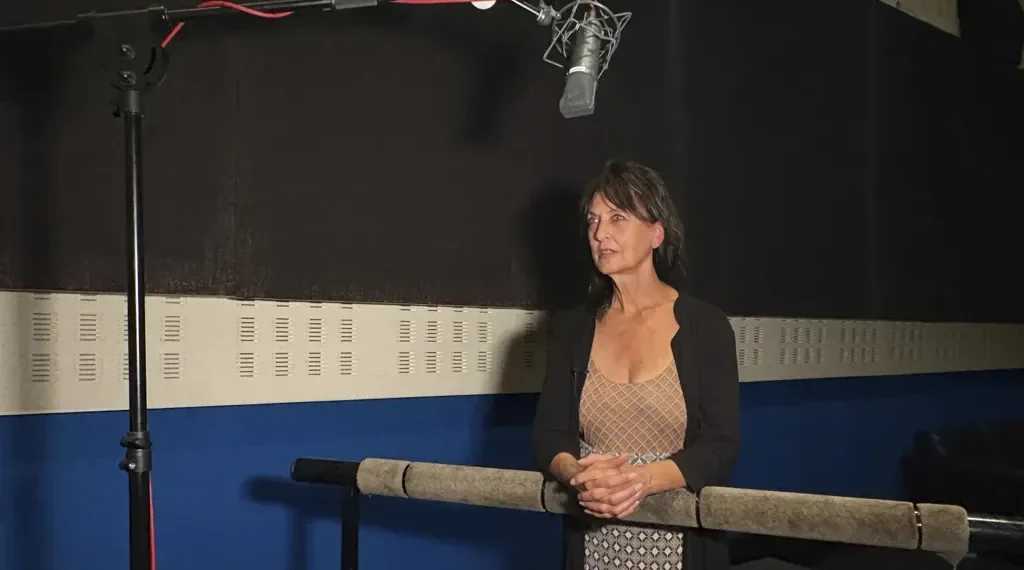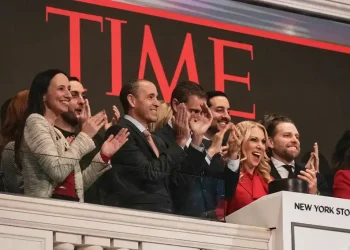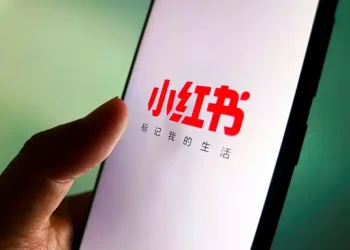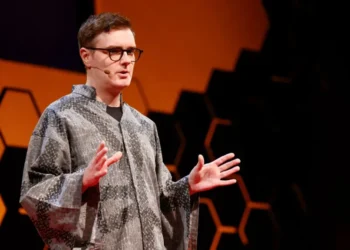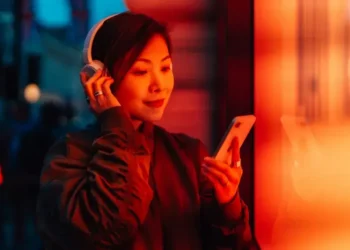AI Voice Cloning Controversy Rocks ‘Tomb Raider’ Community
Published: September-24-2025, 14:00, EDT
Artificial intelligence is once again at the center of a creative industry controversy. This time, the debate erupted after fans of the iconic Tomb Raider franchise discovered that an AI-cloned voice had been used in the game’s French update, replacing the work of a longtime voice actor.
The incident has drawn criticism from both gamers and professionals in the entertainment industry, fueling broader discussions about how AI is reshaping artistic labor and intellectual property rights.
Fans Notice the Change
When French gamer Romain Bos eagerly downloaded the updated Tomb Raider IV–VI Remastered in August, he expected nostalgia and excitement. Instead, he and other fans were stunned by the altered French-language voice of protagonist Lara Croft.
The performance lacked the warmth and personality that fans had grown to love from Françoise Cadol, the French actress who has voiced Croft since 1996. The new delivery sounded flat and robotic, leading players to suspect artificial intelligence had been used.
“It’s pathetic,” Cadol told the Associated Press (AP). “My voice belongs to me. You have no right to do that.” Bos echoed her frustration, calling the discovery “absolutely scandalous.”
Developer Confirms Unauthorized AI Content
Aspyr, the Texas-based developer behind the remastered trilogy, initially declined to comment on AP’s questions. However, the company later admitted in a statement on its website that “unauthorized AI generated content” had been included in the August 14 update.
The studio confirmed it had since removed the material and apologized to players, saying: “We’ve addressed this issue by removing all AI voiceover content. We apologize for any inconvenience this may have caused.”
While the apology reassured some fans, the episode has intensified concerns about AI’s role in creative industries and the potential for exploitation of artists’ work.
Broader Implications for Creative Professions
Industry professionals warn that what happened with Tomb Raider is just one example of a much larger problem. Patrick Kuban, a French voice actor and co-president of United Voice Artists, told AP that AI-generated voices threaten not only actors but also other professions.
“If we can replace actors, we’ll be able to replace accountants, and a whole range of other professions that could also be automated,” Kuban said. “So we need to ask ourselves the right questions: How far should we go, and how do we regulate these machines?”
The entertainment industry has already faced similar disputes. Hollywood voice performers recently concluded an 11-month strike, during which AI protections became a central bargaining point.
A Global Issue
According to Kuban, unauthorized use of actors’ voices is happening across the world. Reports have surfaced from countries including Brazil and Taiwan, highlighting how apps now make it easier for individuals to create convincing audio deepfakes.
“Actors’ voices are being captured, either to create clones — not perfect ones — or for illicit use on social media by individuals,” Kuban explained. “These voices are also being used by content producers who aren’t necessarily in the same country, which makes it very difficult for actors to reclaim control over their work.”
The decentralized and cross-border nature of digital media has left many artists struggling to protect their intellectual property, with few legal frameworks keeping pace with the technology.
Cadol’s Response and Legal Action
Cadol described the discovery as a deeply personal violation. Within minutes of the update going live, she said her phone was “erupting” with messages from fans who immediately noticed something was wrong.
She emphasized the strong bond she built with players over more than a decade of voicing Lara Croft. “I took a look and I saw all this emotion — anger, sadness, confusion. And that’s how I found out that my voice had been cloned,” Cadol told AP.
Determined to fight back, she has retained Paris lawyer Jonathan Elkaim to seek both an official apology from Aspyr and financial compensation.
Quality Concerns and Grammar Errors
Beyond the ethical questions, fans also pointed out quality issues in the update. The AI voice was not only emotionally flat but also inaccurate in its language use.
One segment particularly stood out, where the cloned voice instructed players: “Place toi devant et appuyez sur avancer” (“Stand in front and press advance”). French speakers immediately flagged the phrase as grammatically incorrect, mixing formal and informal forms of address in a way a professional actor would never use.
Bos, who posted a critical video to his YouTube channel, described the result as “half Françoise Cadol, half AI,” and called it “horrible.” He added, “I grew up with Françoise Cadol’s voice. Lara Croft is sometimes sarcastic, and she played that very, very well. That’s exactly why now is the time to set boundaries.”
The Future of Voice Acting in the Age of AI
The Tomb Raider controversy highlights the growing tension between technological innovation and artistic integrity. While AI offers powerful tools for content creation, the lack of clear regulations leaves creative professionals vulnerable to exploitation.
For Cadol, Kuban, and their supporters, the solution lies in stronger legal protections, industry standards, and public awareness. As AI tools become increasingly accessible, they argue that now is the time to establish boundaries that safeguard human creativity for future generations.
This article was rewritten by JournosNews.com based on verified reporting from trusted sources. The content has been independently reviewed, fact-checked, and edited for accuracy, neutrality, tone, and global readability in accordance with Google News and AdSense standards.
All opinions, quotes, or statements from contributors, experts, or sourced organizations do not necessarily reflect the views of JournosNews.com. JournosNews.com maintains full editorial independence from any external funders, sponsors, or organizations.
Stay informed with JournosNews.com — your trusted source for verified global reporting and in-depth analysis. Follow us on Google News, BlueSky, and X for real-time updates.
